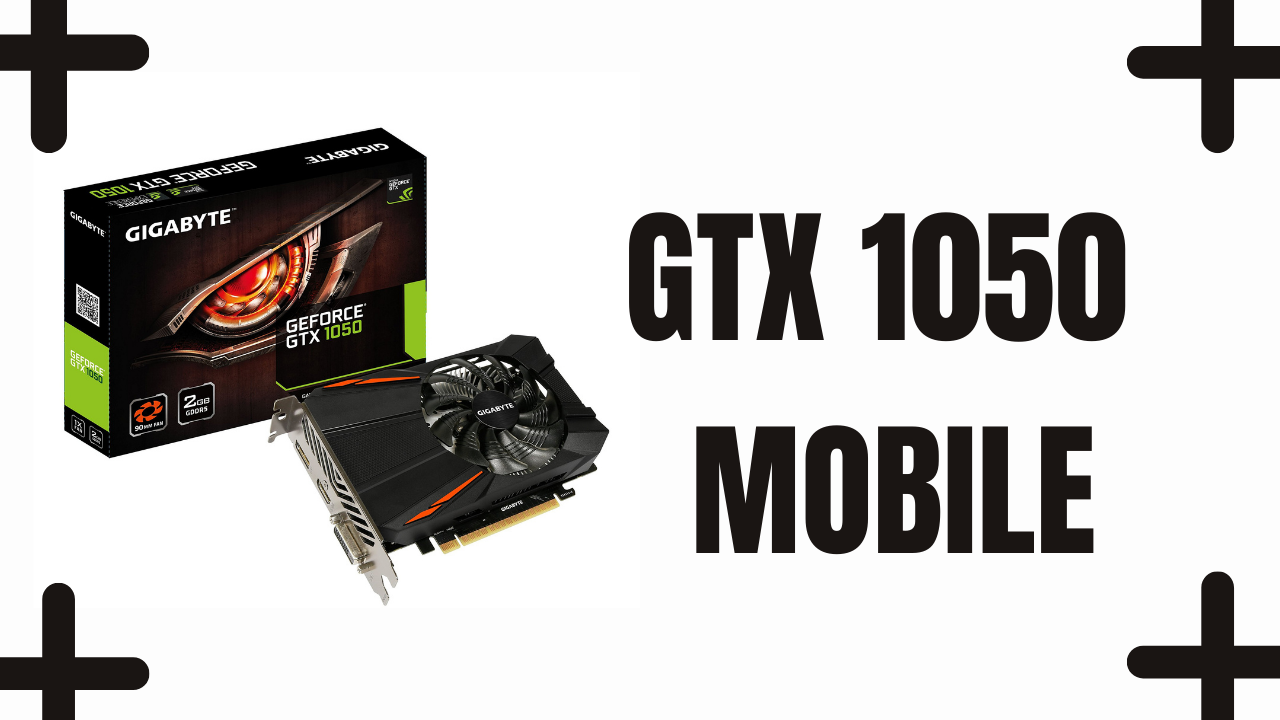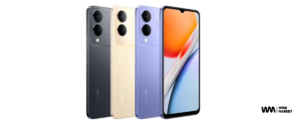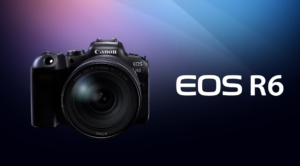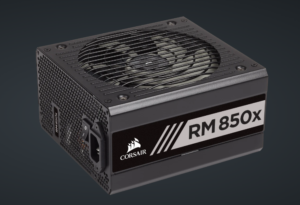Unleash Portable Power Complete NVIDIA GeForce GTX 1050 Mobile Review
- 1 GTX 1050 Mobile Specs
- 1.1 What is in the box?
- 1.2 Architecture and Details
- 1.3 Benchmarking Performance
- 1.4 Video Game Performance
- 1.5 Professional Uses
- 1.6 Power Efficiency and Thermal Management
- 1.7 Ray Tracing/DLSS
- 1.8 Display Outputs and Connection
- 1.9 Landscape of Competition
- 1.10 Prospects and Upgradeability
- 2 Should I buy it?
- 3 Conclusion
- 4 Frequently Asked Questions
In Short
- The GTX 1050 Mobile is a mid-range graphics card that balances performance and price.
- The Pascal-based GTX 1050 Mobile balances power economy and performance with a 14nm FinFET technology.
- The GTX 1050 Mobile excels in video editing, 3D rendering, graphic design, and gaming.
Laptop technology has advanced due to the demand for high-performance graphics solutions in mobile gaming and productivity. GPU giant NVIDIA has met this requirement. They provide the NVIDIA GeForce GTX 1050 Mobile, a graphics card that boosts gameplay and visuals on portable devices. This article will examine the GTX 1050 Mobile’s architecture, features, performance benchmarks, and influence on gaming and professional laptops.
GTX 1050 Mobile Specs

| Specification | Details |
| Architecture | Pascal Architecture |
| CUDA Cores | 640 CUDA cores |
| Base Clock | 1354 MHz |
| Boost Clock | Up to 1493 MHz (Dynamic Boost) |
| Video Memory | 4GB GDDR5 VRAM |
| Memory Interface | 128-bit |
| Memory Speed | 7008 MHz effective |
| Memory Bandwidth | 112.1 GB/s |
| Thermal Design Power | Approximately 40W |
| DirectX Support | DirectX 12 |
| OpenGL Support | OpenGL 4.5 |
| Display Outputs | HDMI 2.0b |
| Max Resolution | 7680×4320 (4K resolution) at 60Hz |
| NVIDIA Technologies | NVIDIA G-Sync Technology |
| API Support | NVIDIA GPU Boost 3.0 |
What is in the box?
- Laptops with GTX 1050 Mobile GPUs are the main component in the packaging. To prevent shipment damage, the laptop may be packaged.
- A laptop-specific power adaptor is frequently supplied. Charging and powering the laptop and GPU require this adapter.
- The box may contain a user handbook, warranty information, and other manufacturer-specific instructions.
- Laptops often have rechargeable batteries. When the laptop isn’t plugged in, the battery is essential.
- Some manufacturers include a laptop bag, mouse, or other peripherals, depending on the bundle or campaign.
Architecture and Details
Pascal architecture, which revolutionized graphics, powers the NVIDIA GeForce GTX 1050 Mobile. Laptop GPUs use a 14nm FinFET technology for efficient power and thermal management. This architecture is far faster than its predecessors, making it more immersive and responsive. The GTX 1050 Mobile has 640 CUDA cores for picture rendering and heavy graphics workloads. The basic clock speed is 1354 MHz, although it may increase to 1493 MHz under stress. The GPU is paired with 4GB of GDDR5 VRAM on a 128-bit memory interface for 112.1 GB/s. This arrangement balances performance and power efficiency, making it suited for many applications.
Benchmarking Performance
The GTX 1050 Mobile’s real-world performance must be assessed using benchmark data from gaming and professional apps.
Video Game Performance
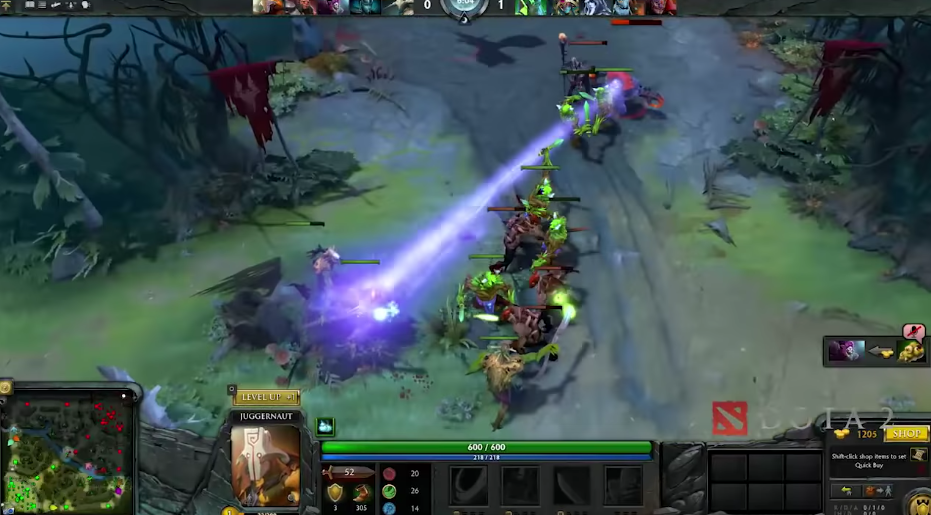
Gamer-focused, the GTX 1050 Mobile delivers. At 1080p, the GPU provides flawless frame rates in Overwatch, Fortnite, and Apex Legends. Most recent games’ textures and high-quality graphics settings can be handled by the 4GB VRAM, making mobile gaming fun. Benchmark results show the GTX 1050 Mobile can handle Metro Exodus and Shadow of the Tomb Raider at lower to medium settings. For budget-conscious gamers, it balances performance and price, making it a good pick.
Professional Uses
The GTX 1050 Mobile excels in professional graphics applications as well as gaming. The GPU may be used for video editing, 3D rendering, and graphic creation. Adobe Premiere Pro and Blender use CUDA cores for quicker rendering and better editing. Despite being less powerful than NVIDIA’s Quadro series GPUs for professional tasks, the GTX 1050 Mobile is a good choice for mixed-use applications.
Power Efficiency and Thermal Management
In a laptop chassis, power economy and thermal control are as important as performance in the mobile GPU market. Pascal architecture and 14nm FinFET fabrication make the GTX 1050 Mobile efficient in this regard.
Laptop manufacturers using the GTX 1050 Mobile may develop cooling solutions for best performance without compromising mobility. Due to its 40W TDP (thermal design power), the GPU generates less heat, making extended gaming or resource-intensive jobs quieter and cooler.
Ray Tracing/DLSS
Real-time ray tracing and NVIDIA’s Deep Learning Super Sampling (DLSS) are missing from the GTX 1050 Mobile. Higher-tier GPUs like the RTX series support ray tracing, a groundbreaking rendering approach that replicates light in virtual surroundings. Despite lacking ray tracing capabilities, the GTX 1050 Mobile provides an engaging gaming experience with standard rendering.
However, DLSS uses AI and machine learning to upscale lower-resolution photos in real-time, delivering higher-resolution visuals without performance loss. The GTX 1050 Mobile is a mid-range option that prioritizes consistent performance for various consumers. Thus, its lack of these features may frustrate those who value cutting-edge graphics technology.
Display Outputs and Connection
Connectivity choices are crucial for current laptop GPUs. GTX 1050 Mobile supports the latest display and peripheral technology. Laptops with this GPU usually have HDMI, DisplayPort, and USB-C ports for external displays and VR gear. NVIDIA G-Sync technology makes gaming smooth and tear-free by syncing the display refresh rate with the GPU’s frame rate. This function improves visual quality in fast-paced games that need smooth movements and responsiveness.
Landscape of Competition
The mobile GPU industry is competitive, with AMD’s Radeon series against NVIDIA’s. The GTX 1050 Mobile competes with AMD’s Radeon RX 560X. Both GPUs target budget-conscious customers with mid-range performance.
The two frequently operate similarly, with tiny differences depending on manufacturers’ laptop models and cooling technologies. Laptop manufacturers’ features, customer preferences, and brand loyalty may determine the GTX 1050 Mobile or Radeon RX 560X option.
Prospects and Upgradeability
Buyers must consider the longevity of the hardware component as technology advances. Pascal-based GTX 1050 Mobile is a mid-range option that delivers stable performance for the future. Users interested in future developments may be concerned about the need for ray tracing and DLSS capability.
Turing and Ampere, NVIDIA’s GPU architectures, improved real-time ray tracing and AI-driven functionality. Laptop users expecting these technologies may need faster GPUs like the GTX 16 or RTX series. The GTX 1050 Mobile may retire when newer GPUs are announced, but its durability and performance should last.
Note: The GTX 1050 Mobile is great for mid-range games but may struggle with high-end games. The 40W TDP optimizes laptop thermal management, making gaming and resource-intensive tasks quieter and cooler.
| PROS | CONS |
| The GTX 1050 Mobile’s mid-range performance and affordable price appeal to budget gamers. | DLSS and real-time ray tracing are missing on the GTX 1050 Mobile. It may not support contemporary graphics in some games. |
| The GPU can produce content and play 1080p games, which suits various computing needs. | The GPU’s 4GB of GDDR5 VRAM and 128-bit memory interface may limit its capacity to handle contemporary games’ massive graphics and sharp images. |
| Pascal architecture and 14nm FinFET technologies in the GTX 1050 Mobile increase laptop battery life. | |
| NVIDIA G-Sync syncs display refresh rate with GPU frame rate for smooth gameplay. |
Should I buy it?
Think about buying
- The GTX 1050 Mobile is a budget-friendly notebook with good gaming performance and work capabilities.
- Playing recent games at medium to high settings in 1080p with the GTX 1050 Mobile is OK.
- Media creators, video editors, and graphic designers may use the GTX 1050 Mobile’s mid-range performance for gaming and other tasks.
- The GTX 1050 Mobile’s power efficiency can improve battery life and mobility for on-the-go laptop use.
Explore Other Options if
- Higher-tier GPUs like the GTX 16 or RTX series may be better for playing the latest games at high settings or exploring cutting-edge graphics features like real-time ray tracing.
- A GPU with real-time ray tracing and AI-driven features may be better for future-proofing your laptop for games that use them.
- Compare laptops with AMD Radeon GPUs versus newer NVIDIA GPUs in the same price range. Find the best match by comparing benchmark scores, features, and user reviews.
- Since the GTX 1050 Mobile has 4GB of VRAM, it may be suitable for games that demand additional VRAM for textures and graphics.
- If you have brand preferences, examine the laptop bundle, including build quality, display, keyboard, and manufacturer-specific features.
Conclusion
The NVIDIA GeForce GTX 1050 Mobile shows the company’s dedication to mobile graphics. It balances performance, power efficiency, and price as a mid-range GPU. The GTX 1050 Mobile is ideal for casual gamers, multimedia creators, and professionals who need a flexible laptop graphics solution.
Frequently Asked Questions
Can GTX 1050 Mobile play contemporary games?
The GTX 1050 Mobile can run contemporary games at 1080p. The gameplay is good, especially with moderate system requirements.
Does GTX 1050 Mobile allow real-time ray tracing?
The GTX 1050 Mobile lacks real-time ray tracing hardware. High-end GPUs like the RTX series have this functionality.
Does the GTX 1050 Mobile support content creation?
Video editing, 3D rendering, and graphic design are possible with the GTX 1050 Mobile. The 4GB VRAM and CUDA cores boost professional application performance.

